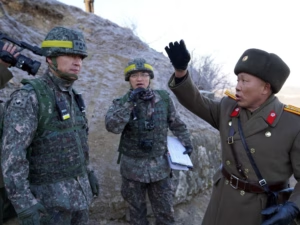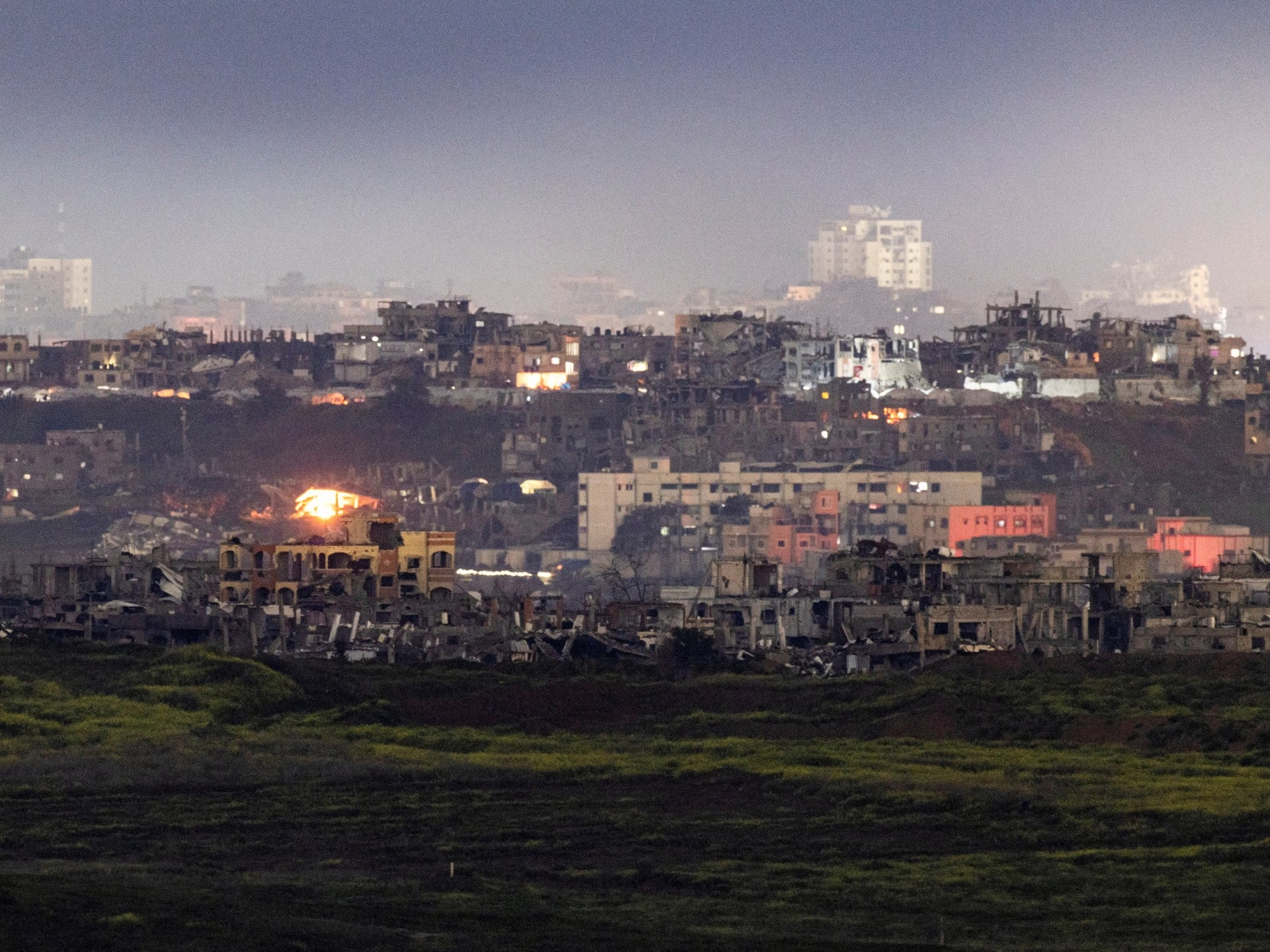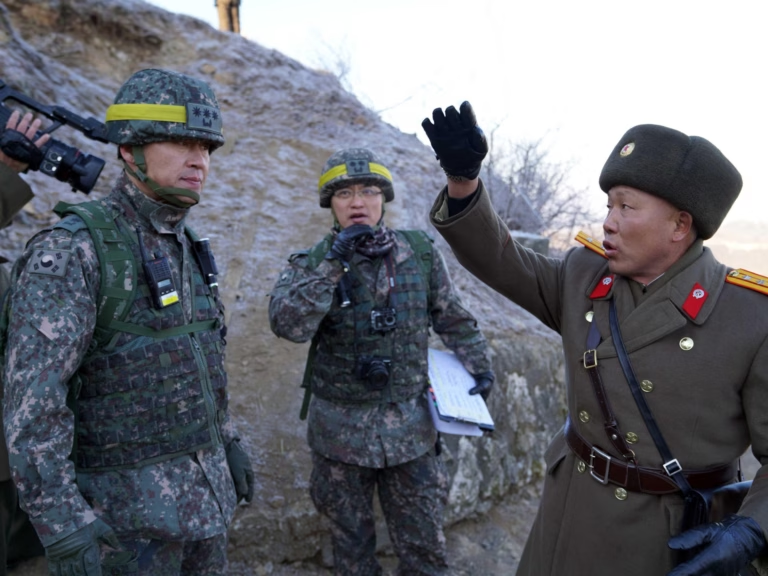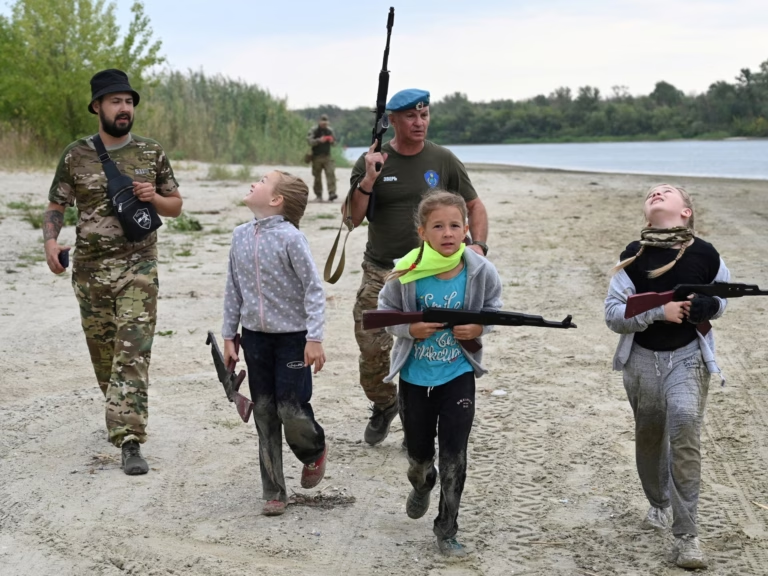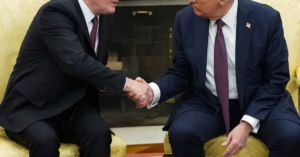Israeli officials express uncertainty about the possibility of finding common ground for negotiations.
Steve Witkoff, the United States’ Middle East envoy, may also participate in the talks.
The second phase of the ceasefire negotiations aims to achieve a complete end to the conflict, including the return of all surviving captives in Gaza and the full withdrawal of Israeli military forces from the region.
According to Israeli sources, there are currently 59 captives in Gaza, with 24 believed to be still alive.
Gideon Sa’ar, Israel’s Foreign Minister, expressed uncertainty regarding the prospects of reaching a deal, stating that the Israeli delegation in Cairo would need to assess whether there is a common ground for negotiations.
“We are prepared to extend the existing framework [of phase one] in exchange for the release of additional hostages,” Sa’ar said during a press conference. “If a deal is possible, we will pursue it.”
Uncertainty looms over the possibility of a mutually agreeable outcome due to the declared war objectives of Israeli Prime Minister Benjamin Netanyahu, who, with support from U.S. President Donald Trump, is committed to the elimination of Hamas.
“Israel has consistently demonstrated through words and actions that they do not intend to cease the conflict,” noted Mohamad Elmasry, a political analyst at the Doha Institute for Graduate Studies. “In the absence of Hamas leaving Gaza, which is unlikely, Israel seems determined to resume war,” Elmasry added.
Hamas Accuses Israel of Planning Another Escalation
Following the overnight handover of four captive remains by Hamas in exchange for over 600 Palestinian prisoners—part of the final planned swap of the ceasefire’s first phase—further violations of the agreement’s terms have emerged. Israel delayed the release of 46 prisoners, all women and children, due to issues verifying the captives’ remains.
Moreover, Israeli authorities announced that they would not withdraw from the Philadelphi Corridor—which is supposed to begin on Saturday and conclude within eight days—as stipulated in the agreement. This corridor is a critical border zone adjoining Egypt.
Basem Naim, a Hamas official, told Al Jazeera that he believes Israel is plotting to escalate the situation further, despite Hamas’s adherence to the deal. “We have fulfilled our obligations and are ready to further implement the agreement,” Naim said, emphasizing Hamas’s right to be actively involved in the phase two negotiations.
The ceasefire, which commenced on January 19, has paused 15 months of conflict that began with a Hamas attack on southern Israel on October 7, 2023. This attack resulted in approximately 1,100 deaths and over 200 captives taken. Since then, Israeli military operations have claimed the lives of more than 48,000 Palestinians, mostly women and children, and displaced over 90% of the Gaza population, severely damaging the Gaza Strip.
